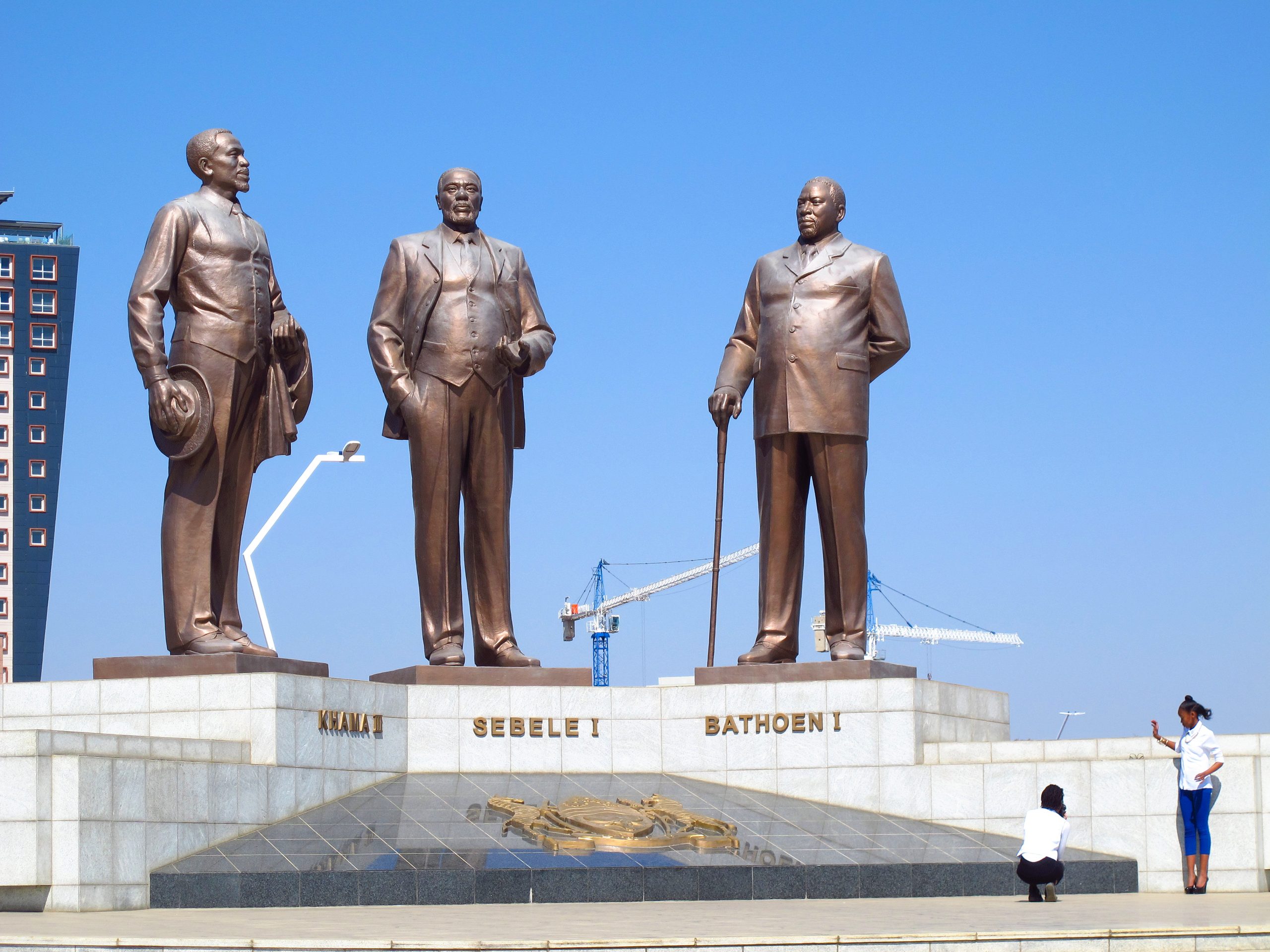
Previously, I’ve recommended listening to podcasts to enhance your language learning. But today I want to tell you about a story I heard on a podcast that I think will really speak to you if you’re a new expat, preparing for an international relocation or work in global mobility, work in global HR or are an executive making decisions about the strategy and reasoning/purpose for relocating employees abroad for a few years.
The story was a segment on the public radio program and podcast “This American Life.” In the episode titled “Beer Summit,” correspondent Bastian Berbner’s “One More For My Baby and One More For the Road” explores what the show calls perhaps “the most radical national experiment to avoid tribalism ever done, anywhere in the world.”
This experiment is happening in Botswana, a country of about 2 million people near South Africa. Botswana’s leaders saw ethnic violence break out in other African countries after they obtained independence. To avoid bloodshed, they wanted to turn Botswana’s distinct tribes into a unified nation. And one of the ways they sought to accomplish this was by moving civil servants around to different areas of the country.
“When you move people around, you are indirectly forcing them to take that culture in that new home, to adopt the new culture and even to call that home,” Unity Dow, Botswana’s foreign minister, says in the podcast. “You’re forcing alliances, and you are forcing friendships.”
Resisting Her New Life
Berbner talks with Carol Ramolotsana, a teacher whose life was changed in ways she could have never dreamed by the transfer policy.
Carol was happily living a cosmopolitan life in Botswana’s capital city, Gaborone. But then she got notice she was being transferred to a small village called Lentsweletau.
If you’re a professional who’s on an international assignment or about to embark on one, try to imagine what Carol was feeling. Anxiety, grief, frustration and other negative emotions are part of any big move, even one you choose (think NYC to Lafayette, LA). But Carol had no say in what was happening to her. As extreme as her circumstances were compared with the ones we’re used to, you can probably identify with many of the things she experienced if you’ve ever worked outside your home country.
· She worried about losing her friends and her old life.
· She wasn’t even sure she wanted to bother getting to know people in her new home.
· She was very depressed after making her move.
· She focused on the differences between her and the people in her new village, not their similarities. She actually felt repelled by them.
· She started just going through the motions at work.
· She isolated herself from her co-workers.
Relationships Make Us Feel at Home
The turning point for Carol came in the same way it does for many expats, through a relationship — in her case, a romantic one.
Enjoying a night out in a bigger town near her village, Carol fell for a guy named Thabo. And, in a twist right out of a romantic comedy, it turned out that Thabo’s family was from Lentsweletau — the very place she hated.
But with Thabo as her guide, Carol started to see Lentsweletau through new eyes. He introduced her around, and over time Carol started to actually love the people in her village. She built a house there, and she started to take joy in her work again.
Carol’s story has a happy ending, but it’s not what you might think. She got transferred again. And again. And again. She and Thabo broke up. But she has a new guy, and they’re planning to wed.
The policy that transformed Carol’s life seems to have transformed Botswana, too. Dow, the foreign minister, says about 20% of the transfers lead to a marriage. Even those that don’t still bring together Botswanans who may have never encountered each other before, or who held negative perceptions of each other. Botswana today is a country that “has never seen war, one that is the least corrupt country in Africa, and one of Africa’s best-working democracies.
And the economy? From the mid-’60s to the mid-’90s, Botswana had the fastest-growing economy in the world — not the United States, not emerging China, Botswana.”
So why did Carol’s story speak to me so much as a corporate language trainer? Although Carol moved within her own country, her experiences illustrate something that I see over and over in international relocations. After a big move, you start to feel at home only when you forge relationships in your new culture, when you stop thinking in terms of ‘us’ and ‘them’, when you step out of your expat community and take advantage of getting to know your neighbors (if you’re not also living in a gated expat community). Language wasn’t a factor in Carol’s case. But if you don’t speak the language in your new country, that’s going to keep you from connecting with others.
This podcast also reaffirmed for me the value of how Fluency Corp teaches language. We often assign our students to sign up for events or put themselves in situations where they will meet native speakers of the language they are using. This can be uncomfortable, but, as Carol’s story shows us, it’s worth it. It can change lives — and it may even change our global society. That’s our true hope.
Are you nervous about an international move, or struggling with a move you’ve already made? Do you help other employees at your company prepare for international moves? Fluency Corp gives our students the language and assimilation strategies they need to thrive in their new countries. Contact us for a free consultation: getfluent@fluencycorp.com or (800) 401-3159.










